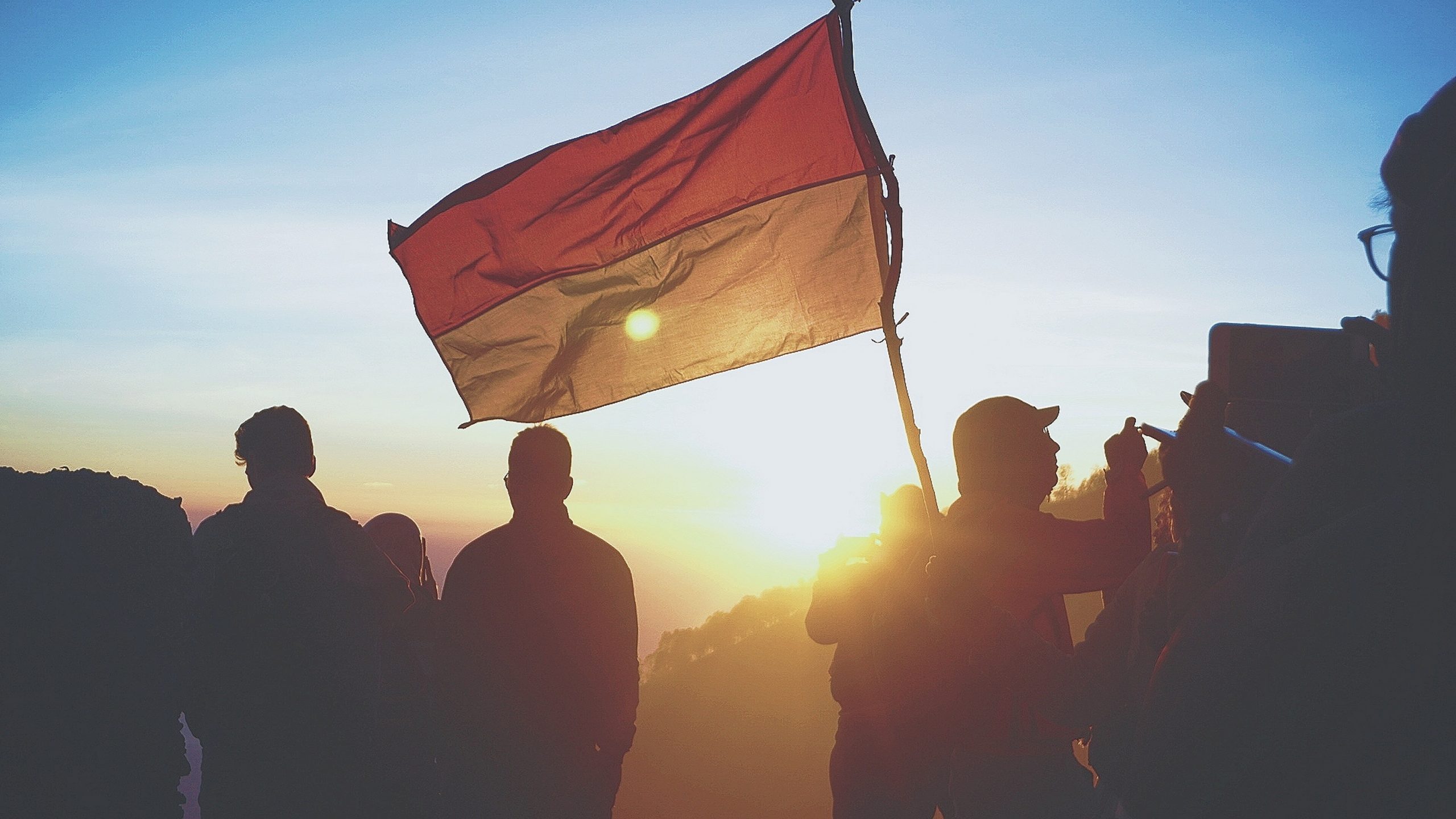
Located in Southeast Asia, Indonesia is a country known for its tropical tourist destinations. But what lies behind the tourism industry is the conflicted and controversial argument on cannabis.
The Transnational Institute (TNI) reported that despite the high prevalence of cannabis use, pro-cannabis policies do not exist, reflecting strong anti-drug beliefs. Due to the current anti-narcotics laws, there is limited research done on cannabis in terms of medical and anthropological studies.

Cannabis is not new to Indonesia. Since the 15th century, cannabis has been present in the city of Ambon, located in the Eastern Indonesian province of Maluku, according to 420 Intel.
It has been used as a medicine to cure various diseases, such as: gonorrhea, asthma and pneumonia. 420 Intel described how the Indonesian Government’s view on cannabis potentially caused the restricted use of cannabis for medical therapy.
As a matter of fact, TNI’s research tells how traditional use of cannabis has been mainly found in the island of Sumatra, particularly in the Aceh region. Restrictions and controls of its production, use and distribution were introduced by the Dutch colonial government back in the 1920s — when Indonesia was still under the colonization of the Netherlands.
Under Indonesia’s current narcotics law, cannabis is the most-restrictive drug along with other substances such as heroin, crystal meth or shabu — a slang word used in Asia to describe methamphetamine.
Laws from 2009 classify cannabis as a Group 1 substance, which means that it is highly restricted for all uses except research – though until this date had never been done. Users, growers and sellers of cannabis — no matter how big or small the quantity is — could face severe punishment. This includes a fine of up to Rp 10 billion (roughly $700,000 USD), life imprisonment or even death penalty.
TNI mentioned how penalties for cannabis-related offences are comparable to shabu and heroin related offences, despite the perception that cannabis is less harmful.
Reports from TNI further argue how this law is controversial because those who possess and consume cannabis — especially for the majority of cannabis users — do not develop problematic use, like addiction.
Also, because of the government’s increasingly anti-drug stance, and zero-tolerance approach towards any type of drug use, cannabis has rarely been a discussed topic for a plant with significant culture, tradition and potential medical uses in the country.
In Indonesia, specifically, “the use of cannabis is not only illegal, but is a crime with the threat of a sentence of above five years,” advocate and chairman of Matt, Evert and Partners Law Office in Jakarta, Indonesia, Agung Mattauch LL.B., LL.M., told Emerald in an exclusive interview.

In terms of punishment of its usage in the country, “it is explicitly mentioned in Law 35/2009 that users are threatened with life imprisonment and even death sentences,” said Mattauch, who has worked with the Indonesian Supreme Court.
There are a few reasons why lawmakers made cannabis illegal. The lawmakers in 2009, specifically for Law 35/2009, “understood the abuse of cannabis can damage health similarly with the understanding of narcotics which could dependency for its users,” Mattauch explained.
So the law created back then, “really depends on the level of understanding of the lawmakers at that time [in 2009],” he affirmed.
Secondly, Mr. Mattauch explained that in 2009, the law was made on the judgment that the abuse of cannabis had become “widespread,” which caused lawmakers to not exclude cannabis from narcotics understandings and still impose preparators with life or death sentences.
“The purpose of the maximum threat of the death penalty is to suppress the abuse of cannabis in the homeland by providing a deterrent effect especially for its distributors,” he said.
When asked whether or not this law has the potential to be changed in the near future, he said, “the law is dynamic. In the future it is not impossible that cannabis is no longer categorized as narcotics, so it can be consumed legally.”
“If the assumption is damaging to health then tobacco should also be banned,” Mattauch said.
Dynamic indeed, when in the province of Aceh, located at the west-end of Indonesia, cannabis seeds itself have been used as spices for traditional local dishes and herbal medicines to treat diabetes, The Jakarta Post reported.
Research from TNI confirmed this, as local Acehnese use cannabis seeds to enhance the flavour, moisture and colour of local dishes such as goat curry and Acehnese noodles. Historically, cannabis “was native to the Caspian Sea, but reported from Java in the 10th century,” TNI quoted.
Mattauch is aware of the long history of cannabis present in Indonesia and its traditional usage in Aceh.

“On the other hand, in Aceh it has long been used as a food seasoning by the local community. Until now some restaurants use cannabis as a seasoning,” he continued.
Just last year, Indonesia’s neighbouring country, Thailand, announced its legalization of medical cannabis in 2019, with an estimation of $2.5 billion in its national economic value, Cannabis Catalyst reports. Thailand became the first country in South-East Asia to legalize medical use of cannabis.
However, the legalization of cannabis in Indonesia is still blue.
“It will very much depend on the level of understanding of cannabis in the future,” said Mattauch. “I personally think that the use of cannabis should be legalized in a limited way, in terms of number, age of the user and its place.”
However, given that the majority of Indonesia’s population is Islam, “it seems difficult to legalize cannabis,” he continued, because under Islamic beliefs, drugs and alcoholic drinks are forbidden.
“It will definitely get severe resistance from the community if cannabis is removed from the narcotics category or there is an attempt to localize or legalize the use of cannabis in daily life,” he stated.
However, a major question remains; if the prohibition of cannabis in Indonesia is due to health reasons—then why aren’t other products, like tobacco, banned as well?
Written By: J. Laura Arman
The Man Behind the Indonesian Cannabis Circle: a Movement to Raise Awareness on Cannabis



Leave a Reply